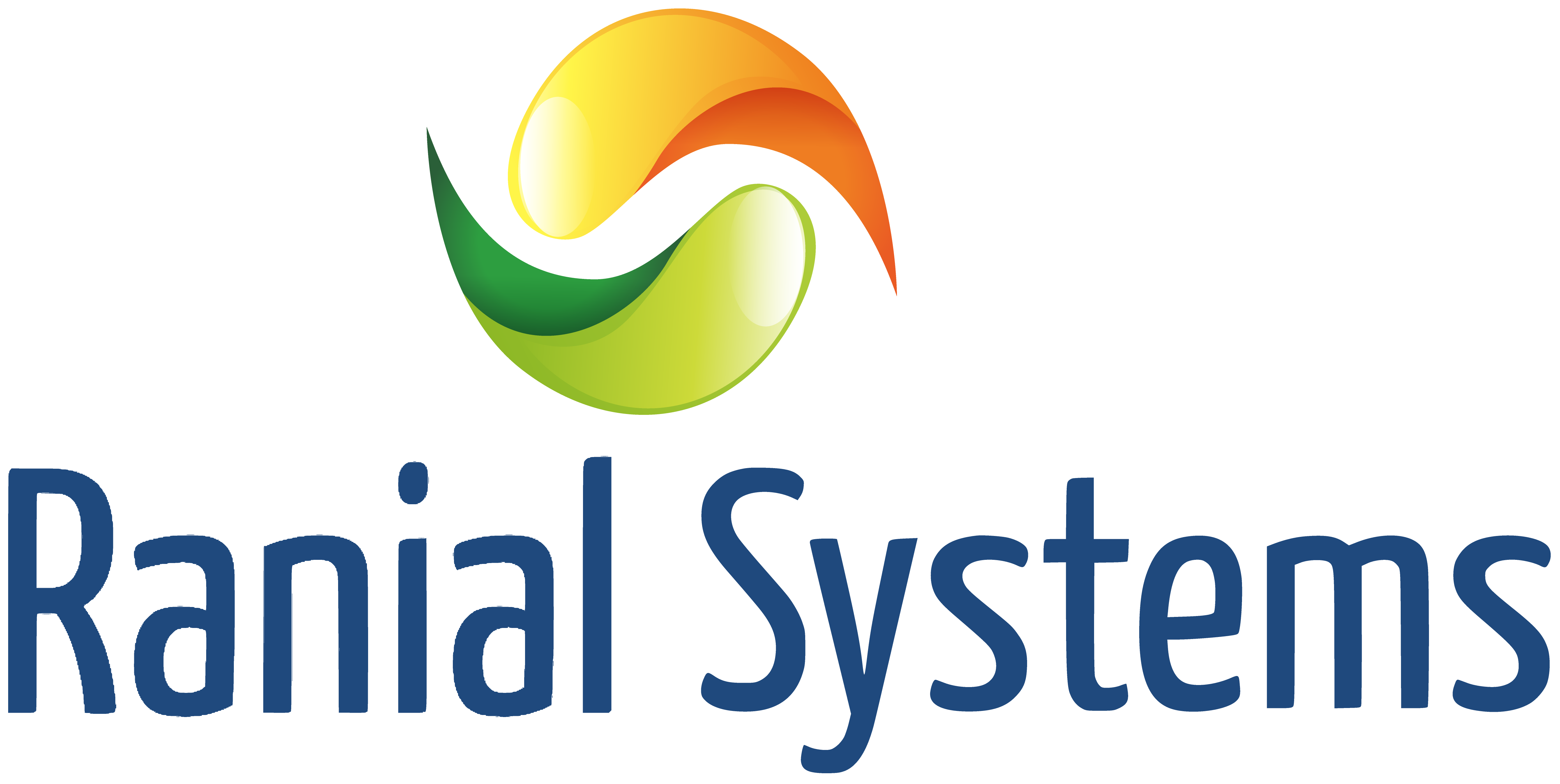Overview
Globally, the manufacturing industry is one of the most dynamic fields, in terms of technology applications and utilization. The downside to this high frequency of change makes investing in technology for manufacturing a very tricky decision. In addition, widespread disruptions in technology and processes, influence business led IT transformations in the sector. Updating machinery and related skilled resources, or training existing manpower to deliver upgraded manufacturing equipment becomes a constant necessity, adding to the cost.
Updating or replacing the manpower takes global manufacturers to one of the biggest woes of the blue collar employment sector – collaboration and change management across the value chain. In addition, a growing focus on crowd sourcing and outsourcing, along with stringent quality and regulatory mandates, demand a highly responsive operational environment. It is no wonder that knowledge workers in manufacturing segment are constantly striving for actionable insights that will help eliminate overheads.
Inventory management could also eat into the profits of a manufacturing concern. Increasing stockpiles coupled with high demand volatility, necessitate the need for better cost management, or adversely affects the company’s profits.
Some of the most common but consistent problems of this sector are issues faced with waste disposal, poor energy management and, production downtime due to breakdown of machines and control systems. Over time, these problems have grown to create serious repercussions on the environment and become hurdles to delivery of consistent KPIs.
The emerging trends of sustainability and lean compliance are demanding integrated automation, intelligent human machine collaboration and seamless operations.


